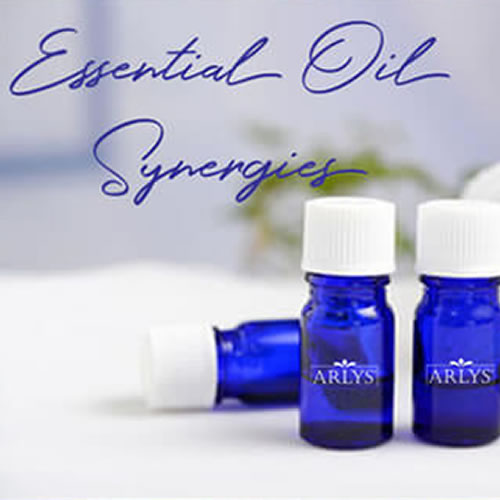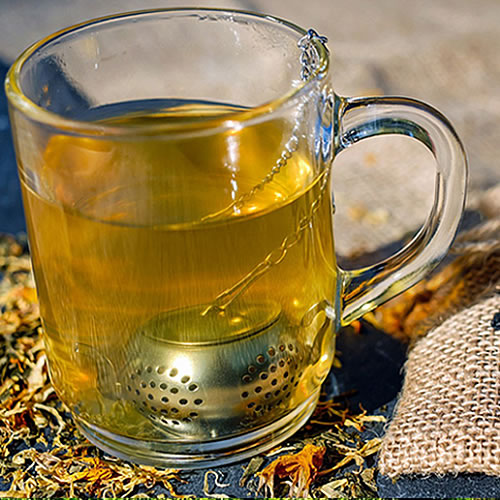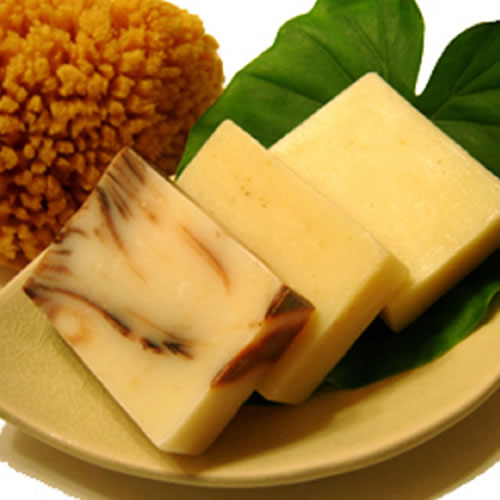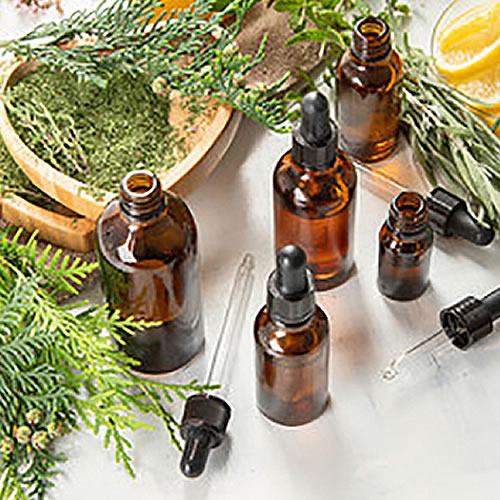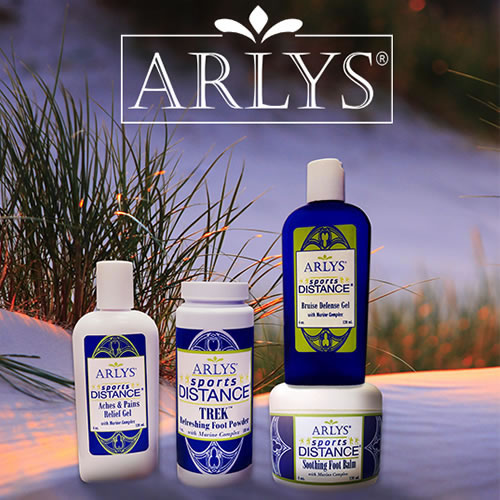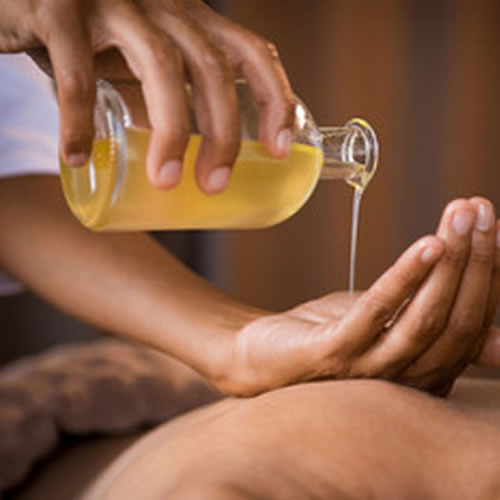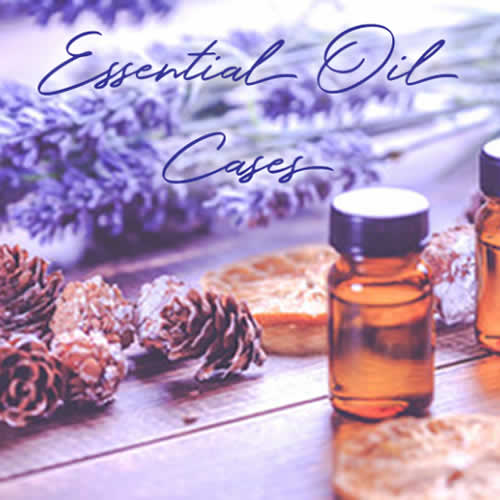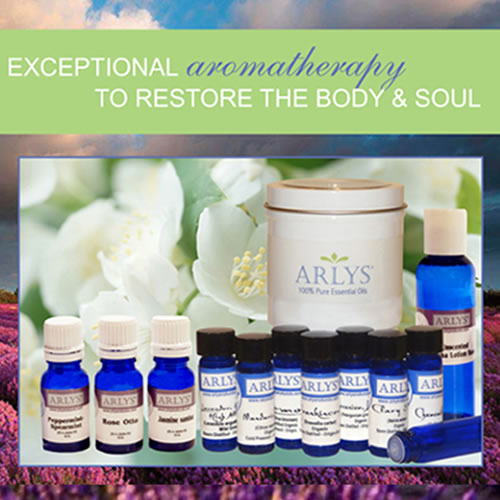Essential Oil Safety
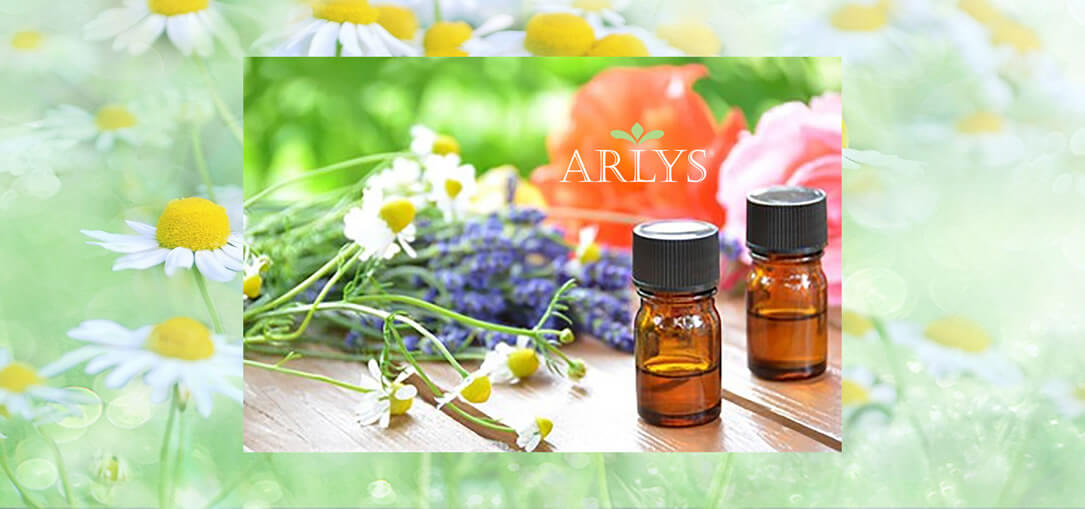
Essential oils are highly concentrated substances 75-100 times more concentrated than dried herbs and should be always be used in a diluted form such as vegetable carrier oils. Always use quality 100% pure essential oils. Essential oils are sensitive to light, heat and evaporate quickly. Close all essential bottles after use.
- Keep away from children and pets.
- Always do a patch test on your skin first. Add a drop of vegetable oil on the inside of forearm or wrist. Add a toothpick drop of essential oil. Cover with a bandaid and leave on for 12 hours. If redness or itching develops, remove immediately with alcohol. Don’t use undiluted essential oils on the skin, mucous membranes or sensitive skin areas. They can cause burning, skin irritation and photosensitivity.
- People allergic to nuts should not use any nut based carrier oils.
- People with allergies must be cautious using essential oils and always do a patch test.
- The least sensitive skin areas are the soles of the feet. Recommended with children and the elderly.
- Essential oils do not dissolve in water. They must be diluted in some type of vegetable oil. Always keep some close at hand when working with essential oils.
- If essential oil or vapors affect the eye area, use a soft cotton ball dipped into a carrier oil (vegetable) and gently rub.
- Never add neat (undiluted) essential oils to bath water. Always add essential oils first to a carrier oil, salt or sugar first so that the essential oils disperse properly.
- Essential oils are volatile and evaporate quickly when opened. Keep away from heat and sunlight. Don’t leave in your car due to extreme heat changes.
- Some essential oils, especially citrus oils are photosensitive, so exposure to the sun must be avoided after application of an essential oil. This goes for tanning beds as well.
- Essential oils rich in menthol (like Peppermint) should not be used near the throat or neck of children under 30 months of age.
- Some essential oils have strong caustic characteristics and should be used cautiously, usually in a diluted form.
- The FDA has not approved essential oils for internal use.
- Most essential oils are safe; however, special precautions must be observed if you have high blood pressure, epilepsy, cancer, allergies and pregnancy to name a few. For best results, consult a professional Aromatherapist.


.jpg)






Hi%20Res.jpg)
